Video Game Reviews•Video Games
‘Wo Long: Fallen Dynasty’ Review – The Soulslike Formula Comes For The Romance Of The Three Kingdoms

Before we get started, I have something to admit: I’m not the biggest fan of the Souls-like formula.

RELATED: ‘Nioh 2’ Special Edition Review – Should You Brave The Yokai Battlefields?
To be fair, I have played every such game FromSoftware has released so far and even put a considerable amount of time into derivatives like Lords of the Fallen, The Surge, and the Nioh series.
While I respect these games for what they’ve been able to accomplish, not a single entry in the genre has been able to keep me invested in seeing it through from start to finish.
That was until I picked up Wo Long: Fallen Dynasty.

The new Soulslike from Team Ninja, the developers behind the Ninja Gaiden, Dead or Alive, and aforementioned Nioh series, Wo Long: Fallen Dynasty is a fantastical retelling of the ancient Chinese epic ‘The Romance of the Three Kingdoms’ wherein you take on the role of a silent, mysterious protagonist traveling across the Han Empire to take on the early threats of the eponymous Three Kingdoms era.
However, in a slight deviation from reality, not only will the path to glory have you taking on bandits, cultists, eunuchs and warlords, but also a legion of powerful demons.
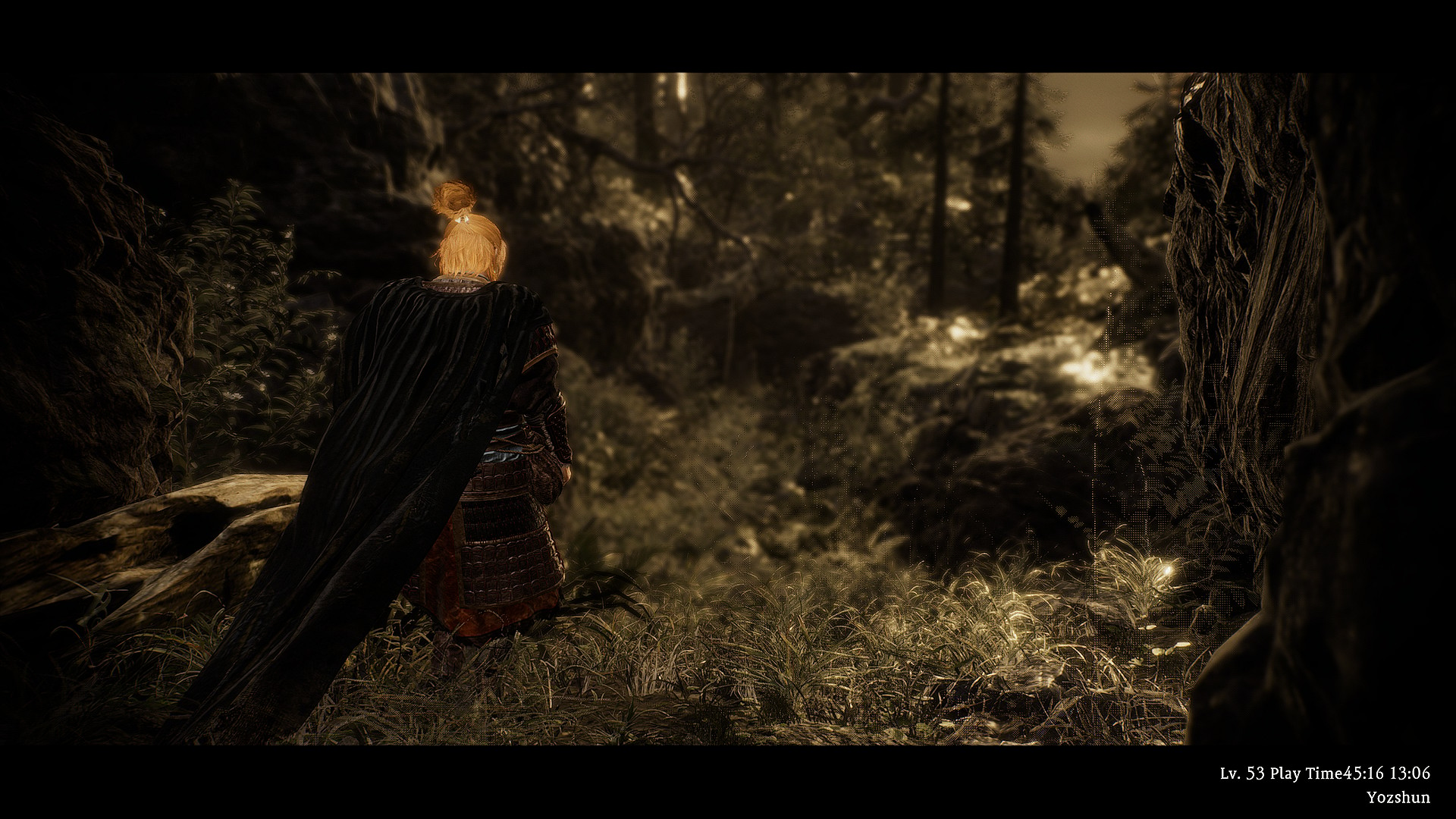
The story revolves around an evil Taoist monk who brings a mysterious elixir to the Han which, when consumed, allows an individual’s chi to be overtaken by demonic energy, in the process granting them immense power at the cost of their souls.
You, along with your gang of iconic Three Kingdoms heroes, are soon tasked with putting an end to the power of the monk and his elixir once and for all.
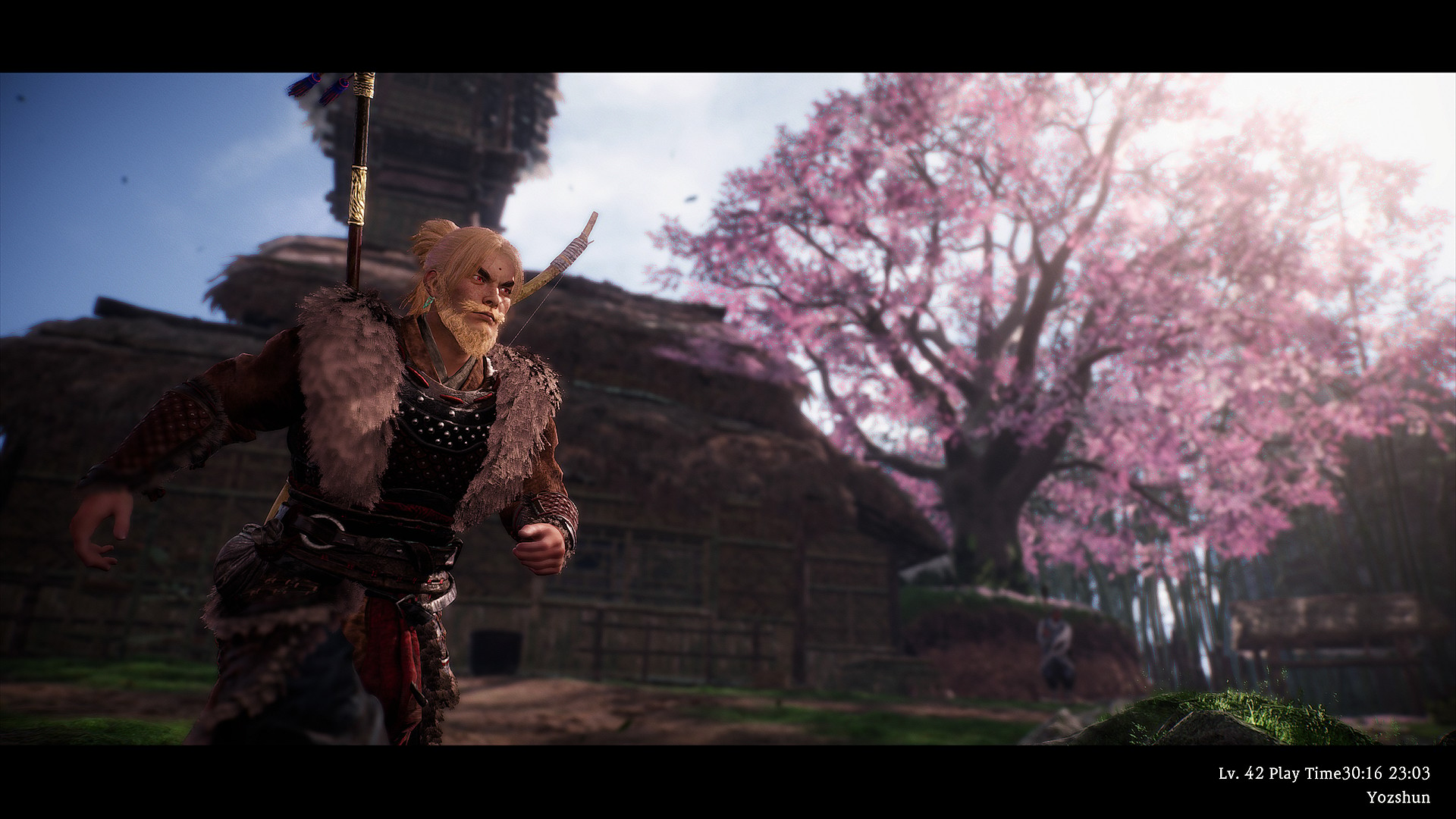
In terms of its historical narrative, Wo Long covers the early Three Kingdoms history from the Yellow Turban Rebellion up until the battle between Cao Cao and Yuan Shao.
And as a nerd for this particular time in history, this game was right up my alley. Tackling difficult stages alongside some of my favorite historical figures such as Sun Jian, Cao Cao, or Xiahou Dun was an incredible treat.

To that end, I went into the game very interested in seeing how it tackled the stories’ villains, as very rarely do Three Kingdoms related games ever touch on the eunuchs of the Imperial Court, instead choosing to skip over their role in the events and jumping straight from the Yellow Turban Rebellion straight into the Coalition war against Dong Zhou.
Surprisingly, Wo Long breaks the mold, and the eunuchs play a prominent role in the game’s events. Zhang Rang even appearing as a boss battle!

As for Wo Long’s mechanics, fans of games like Nioh and Demon Souls should feel right at home with how this game handles.
In terms of movement, the player character often feels very light on their feet (which I prefer in this setting compared to games like Dark Souls which feel heavier).

RELATED: ‘Resident Evil 4’ Remake Review – Welcome Back, Mr. Kennedy
Meanwhile, combat has its own special flair. Attacks are split between light and heavy attacks which target health and ‘spirit’ (a gauge which essentially functions a lot like stamina), respectively.
When a target’s spirit is broken, they will need a moment to recover, which opens them up to devastating special attacks. These special attacks, called ‘Martial Arts’ and varying depending on the weapon that the player is using, can be game changers in tough fights and saved my skin more times than I can remember.
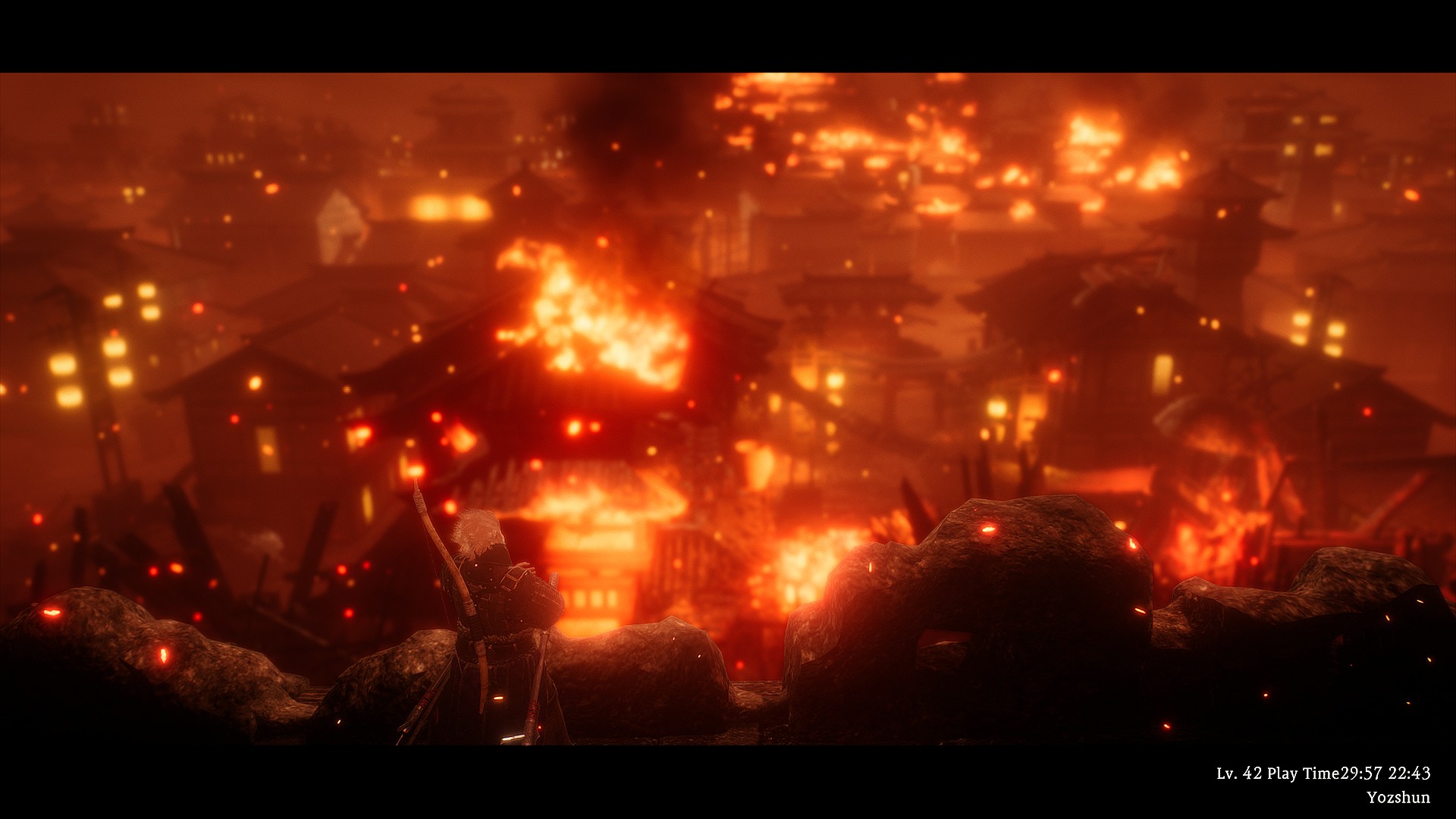
However, this mechanic can work both ways, and the player can also have their spirit broken, leaving them vulnerable to their own taste of pain.
You also have access to a library of magic attacks, all of which hold various attributes ranging from healing to dealing devastating elemental attacks.
While these all look very flashy, many feel underpowered, and as such I didn’t find myself using them all that often.
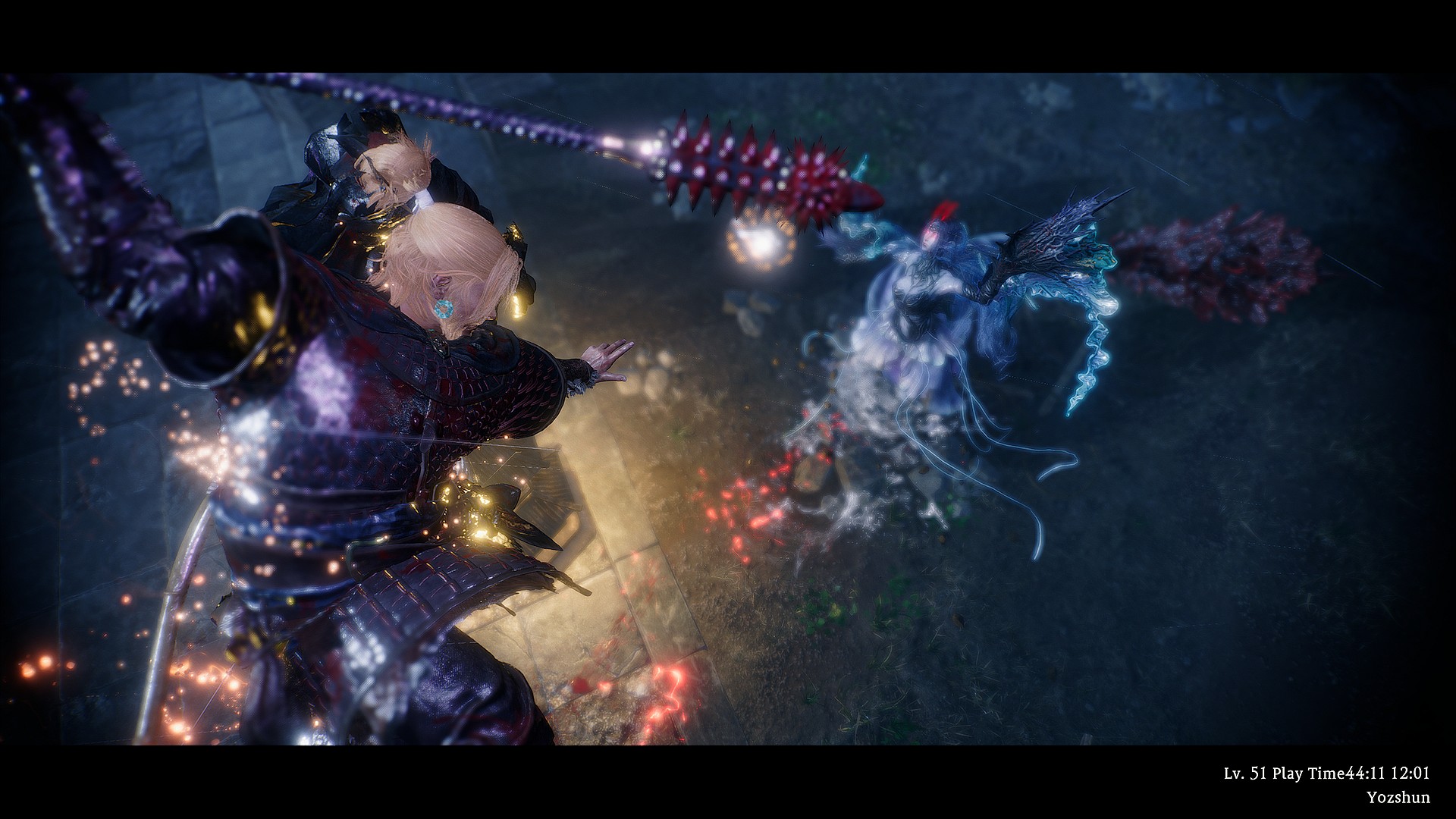
The primary gimmick of Wo Long: Fallen Dynasty is deflection, which, like in FromSoftware’s Sekiro: Shadows Die Twice, revolves around executing properly timed parries.
When an enemy glows red, you will not be able to block their next strike, forcing you to choose between dodging or deflecting to avoid damage. If you successfully deflect these attacks, it will leave your opponent vulnerable to devastating counter-attacks – including your Martial Arts.

Like Nioh before it, Wo Long: Fallen Dynasty is mission-based rather than taking place in a fully open world. The missions are divided into main missions that progress the story, and sub-missions which are unlocked after finishing a main mission.
These sub-missions are much shorter than main missions and serve to help fill in gaps in the narrative, oftentimes putting players up in a boss battle against one of their recent recruits (My personal favorite of these fights was the duel Zhang Liao, as learning to properly dodge his lightning attacks was a feat that I was quite proud of).

Unfortunately, the base game difficulty of Wo Long‘s various missions may be where some players friend the game lacking.
That’s not to say that the game is hard – in fact it’s the opposite. The game’s difficulty is absolutely front loaded into its opening hours, with the first boss likely being the biggest hurdle for most players in a game where the difficulty.
To that end, I found Wo Long: Fallen Dynasty to be very approachable as someone who admittedly is not very good at this genre.
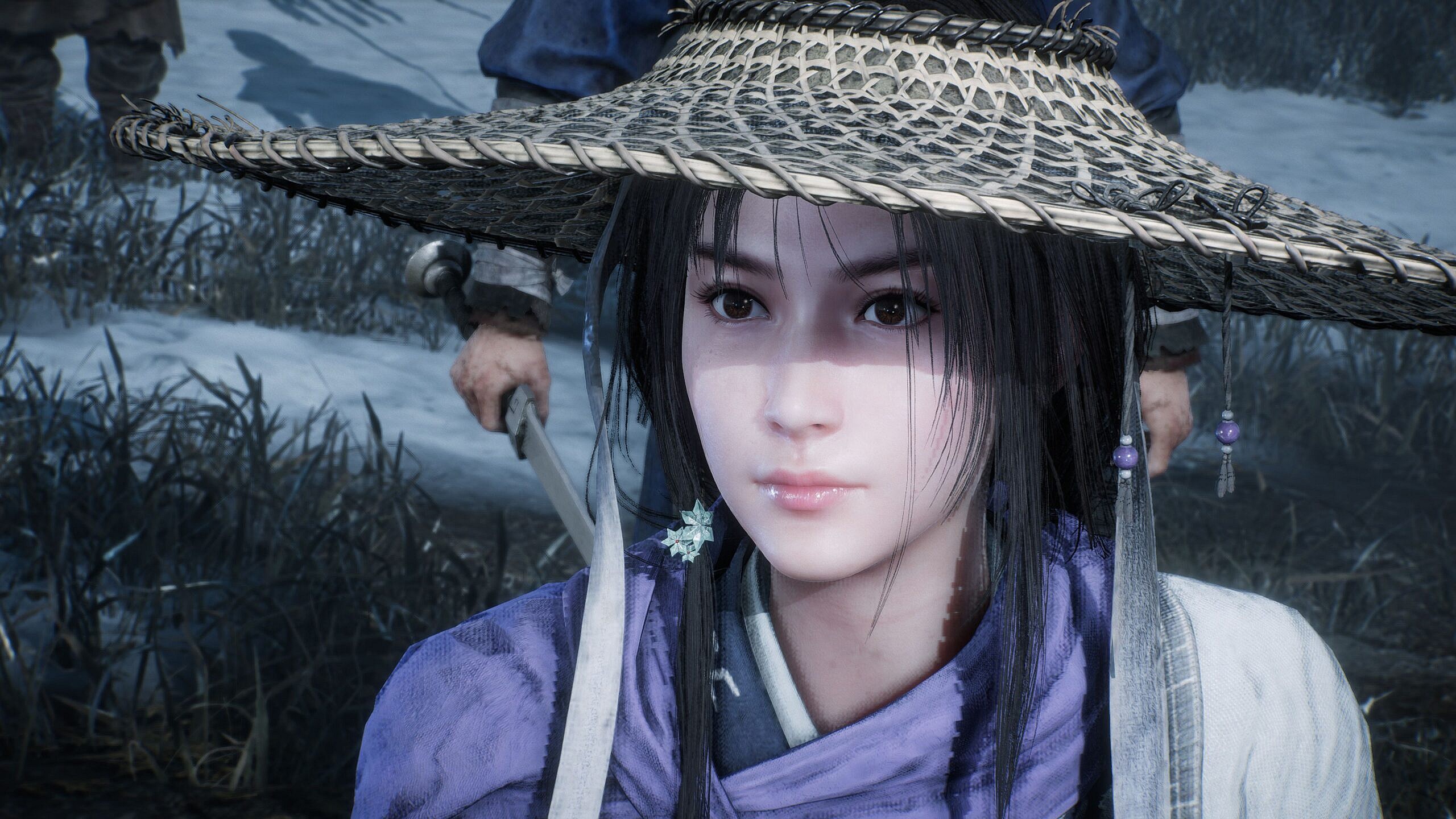
Luckily, for those who seek out a real challenge, there is an higher unlockable difficulty after finishing the campaign.
But I didn’t want to use it because I didn’t want a back-breaking experience, I enjoyed the smooth, moderate challenge afford by the base game. I believe a better alternative would have been to have the higher difficulty (Rising Dragon) unlocked from the beginning.
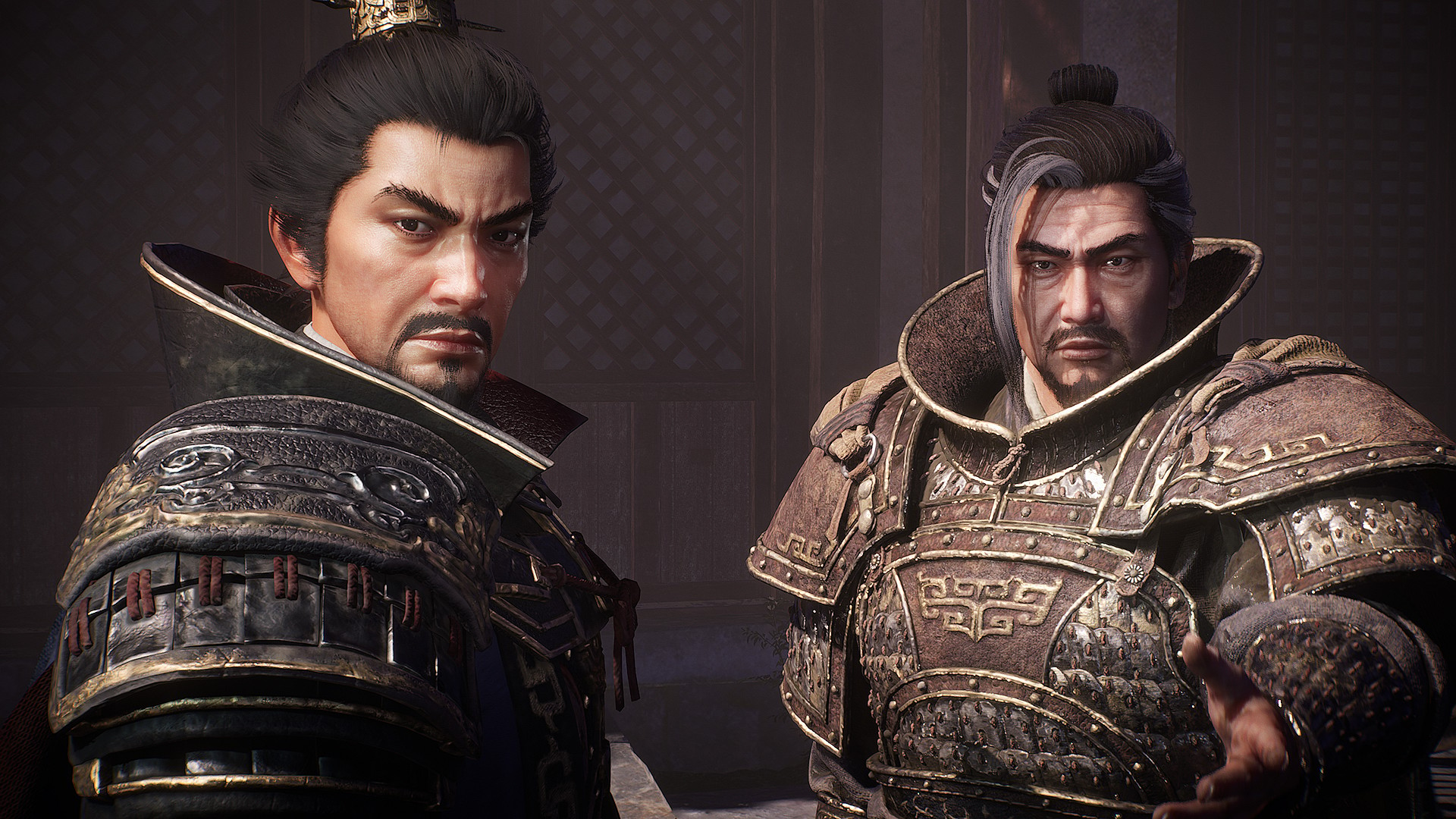
Regarding presentation, Wo Long’s is top-notch from beginning to end.
Thanks to Team Ninja’s very deliberate use of color and lighting, the game’s environments each stand out on their own and the stages all feel different from one another.
Take, for example, the stage where the player has to traverse the burning wreckage of Luoyang. Moving through its flaming ruins while taking on enemies both human and demonic is an immersive experience.

One of my favorite stages in the game has the player traverse the burning wreckage of Luoyang, the former capital of Han China after Dong Zhou burned the city down. Moving through the burning wreckage and taking on demons and foes alike was a great experience.
The character models are also very well done, each character’s design feels appropriate for their historical depiction. Anyone familiar with Koei Tecmo’s other Three Kingdoms series Dynasty Warriors and Romance of the Three Kingdoms will immediately be able to recognize all the characters that they come in contact with.
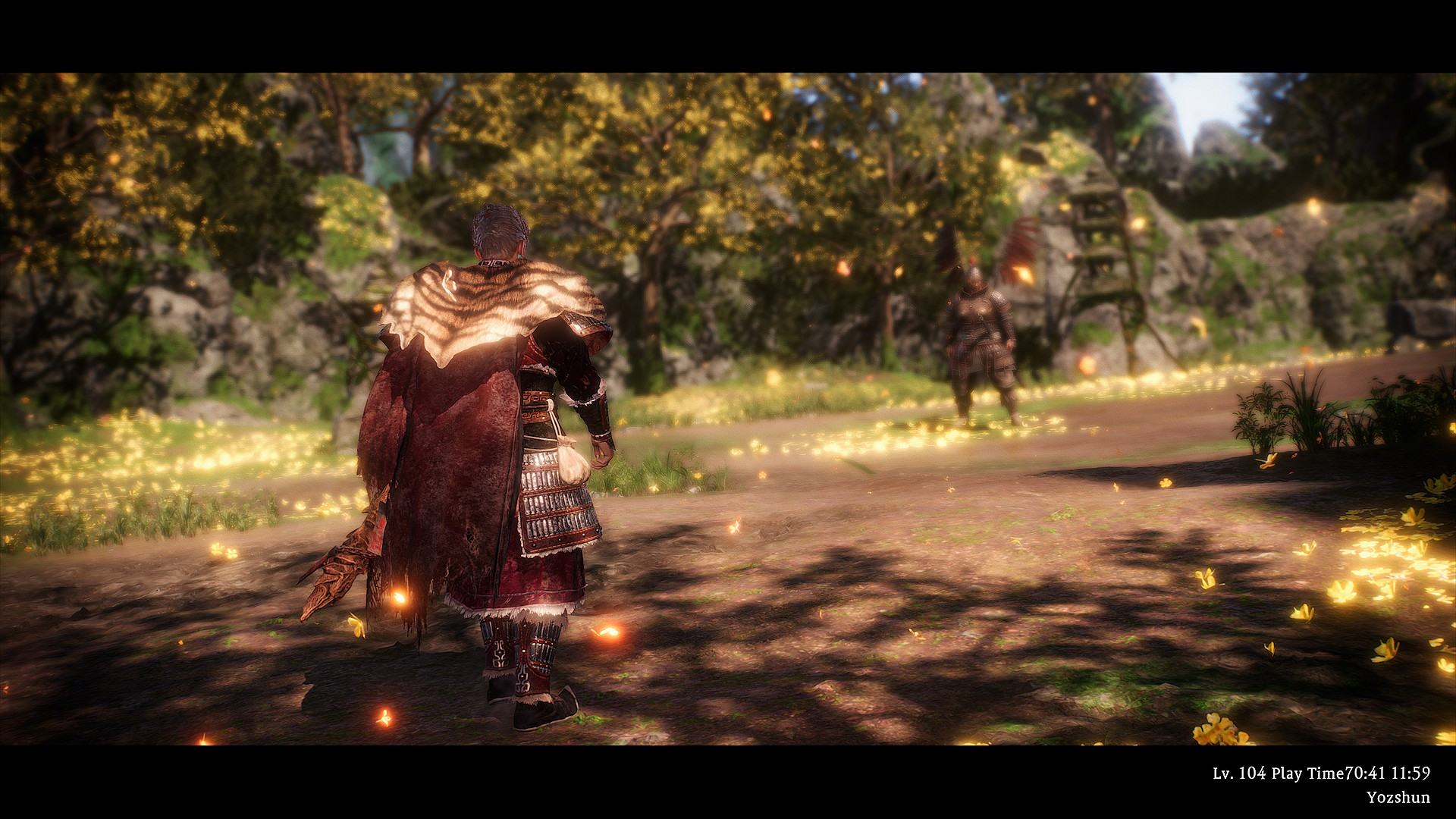
But perhaps most of all, the thing I enjoyed most about Wo Long were the designs of its demonic enemies.
There are many different varieties of demons in the game, many of which pull from ancient Chinese folklore, and their monstrous appearance presents a shocking contrast to your human foes.
This attention to detail also extends to the boss monster designs, all of which are better than the last up until the end. I was really delighted to see so much variety in the boss designs especially.
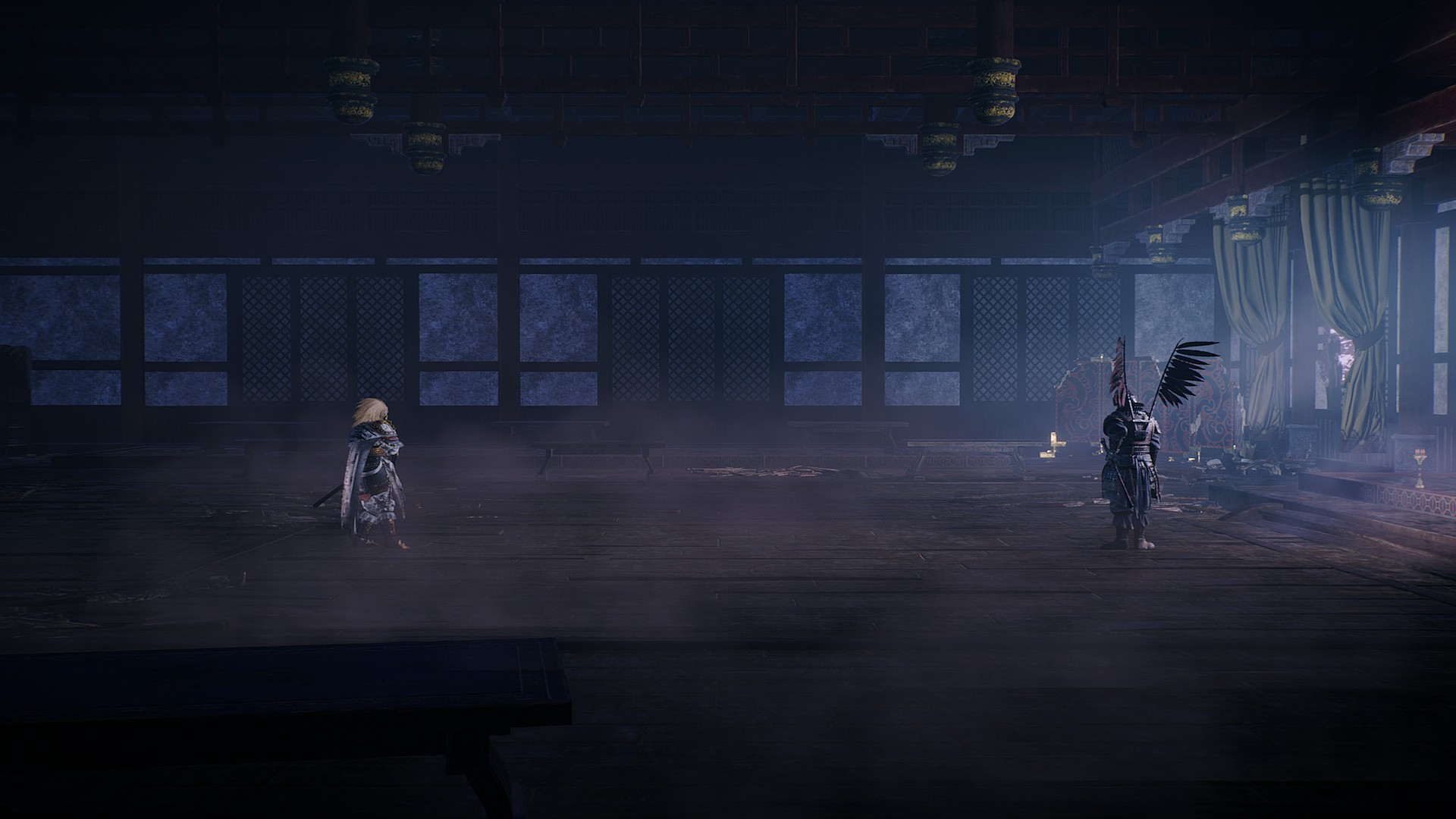
It was clear that with Wo Long: Fallen Dynasty, Team Ninja cared about its production and wanted to make something special. And ultimately, I feel like they succeeded.
And while I recognize that my bias towards the Three Kingdoms era may leave me with a more favorable impression of the the game than others, even removed from the setting, I would say this is still a must-play experience.
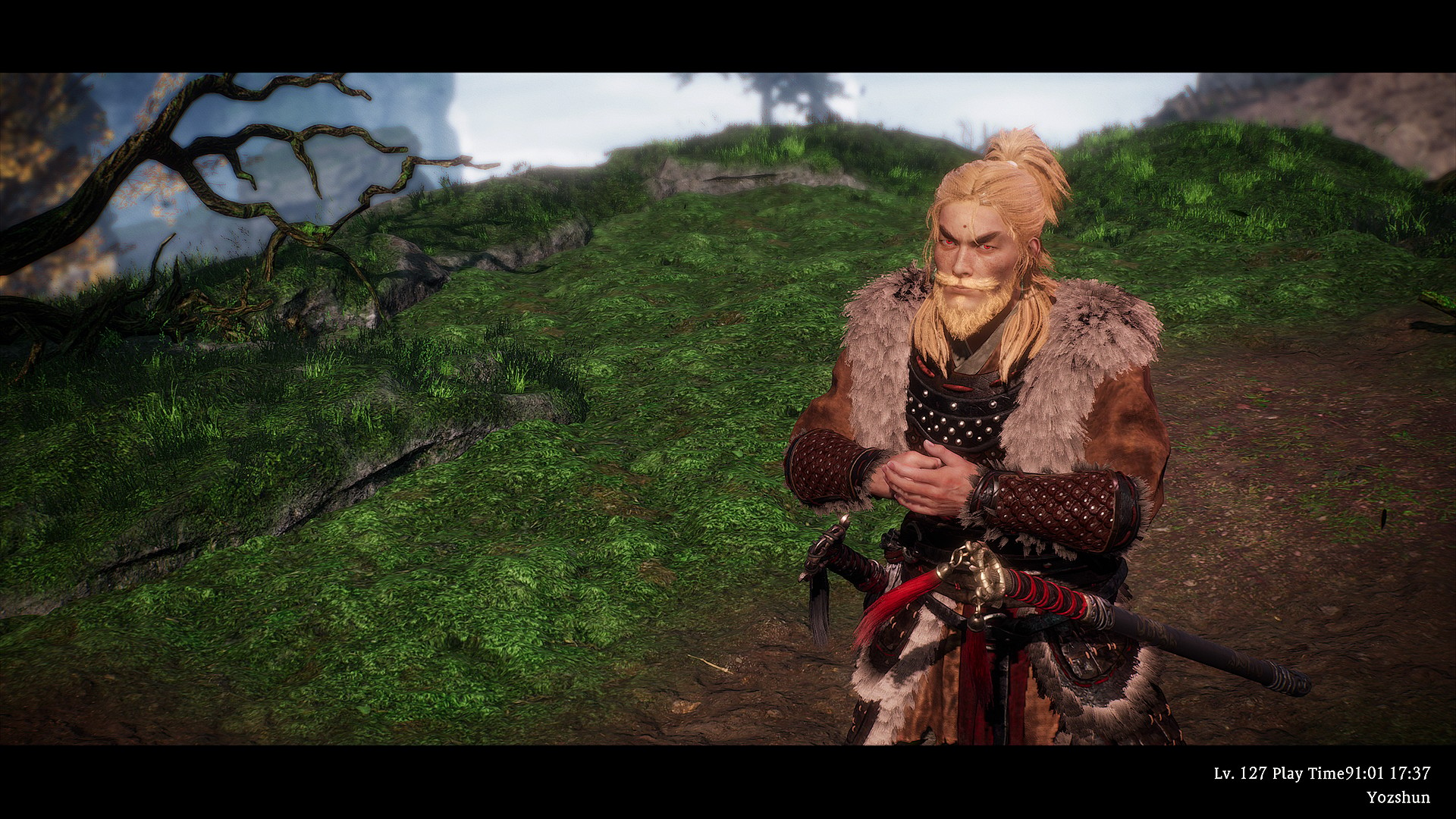
Let’s just say that it’s not often that I find a game that I enjoy so much that I want to get every achievement before I hang up my Padao.
For now, having completed the game’s initial offerings, I am eagerly awaiting news on the upcoming DLC packs which will be releasing throughout the year.
Until then, I’ll leave you novice with one piece of advice: ‘Do not pursue Lu Bu’.
NEXT: ‘Gungrave G.O.R.E.’ Review – Some Things Should Stay Dead
When you buy with links on our site, we may earn a commission.
